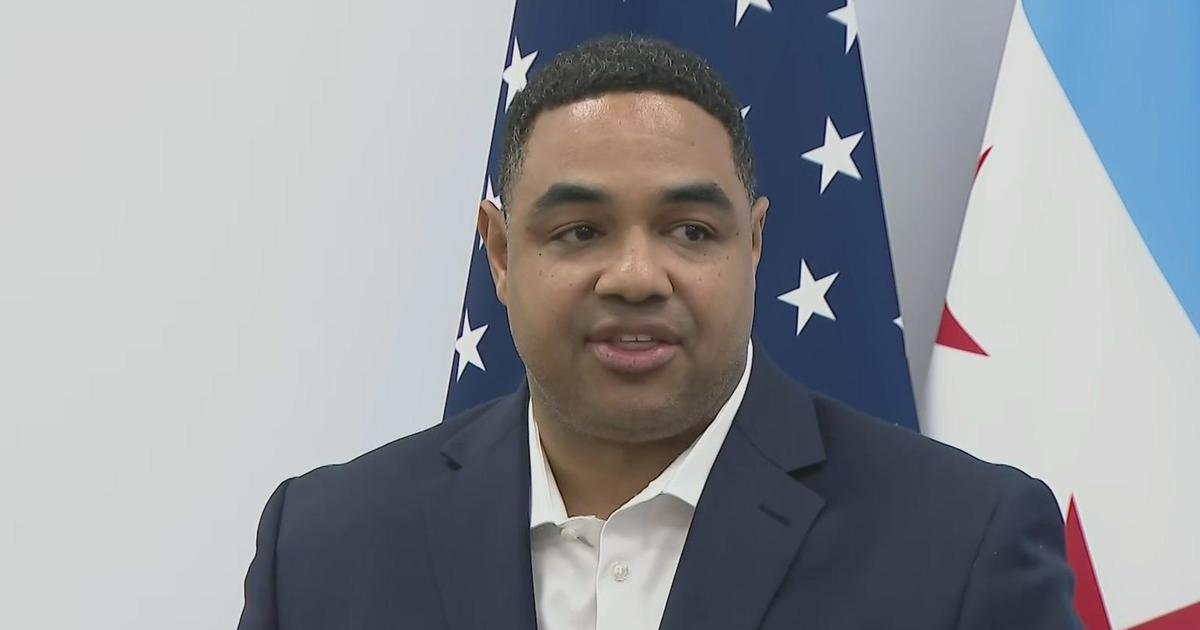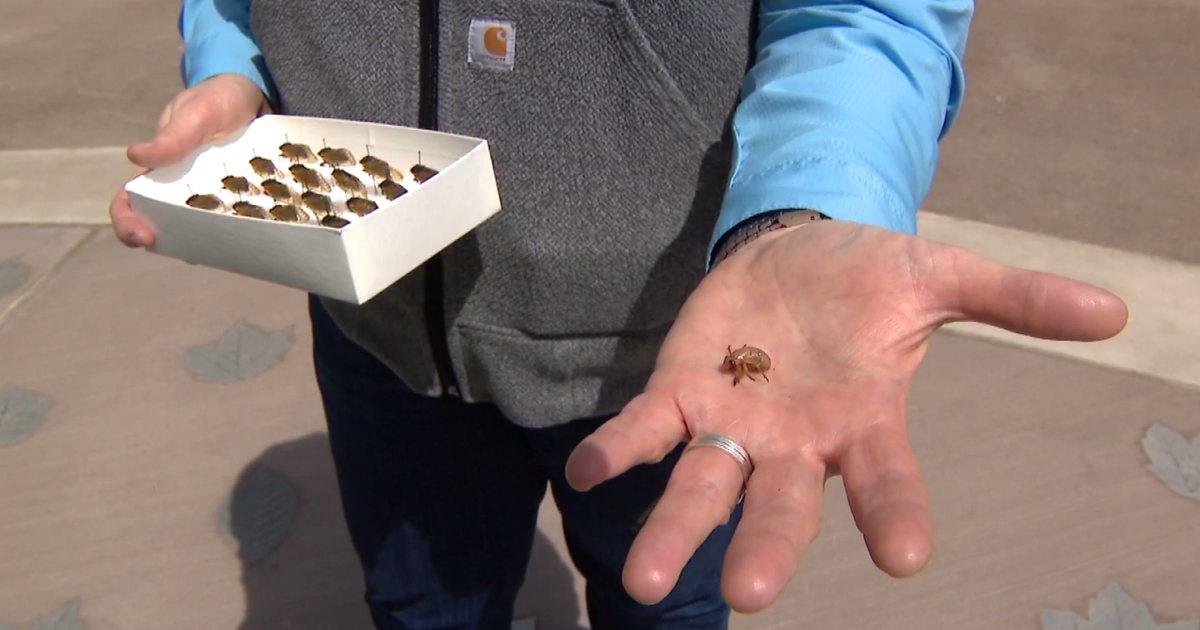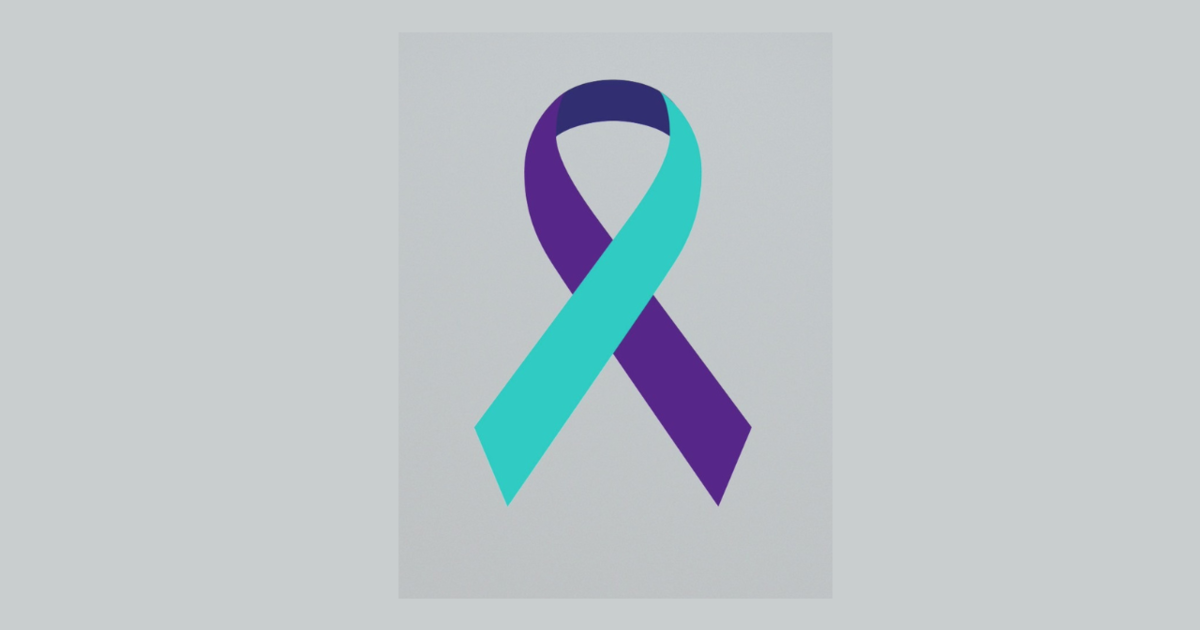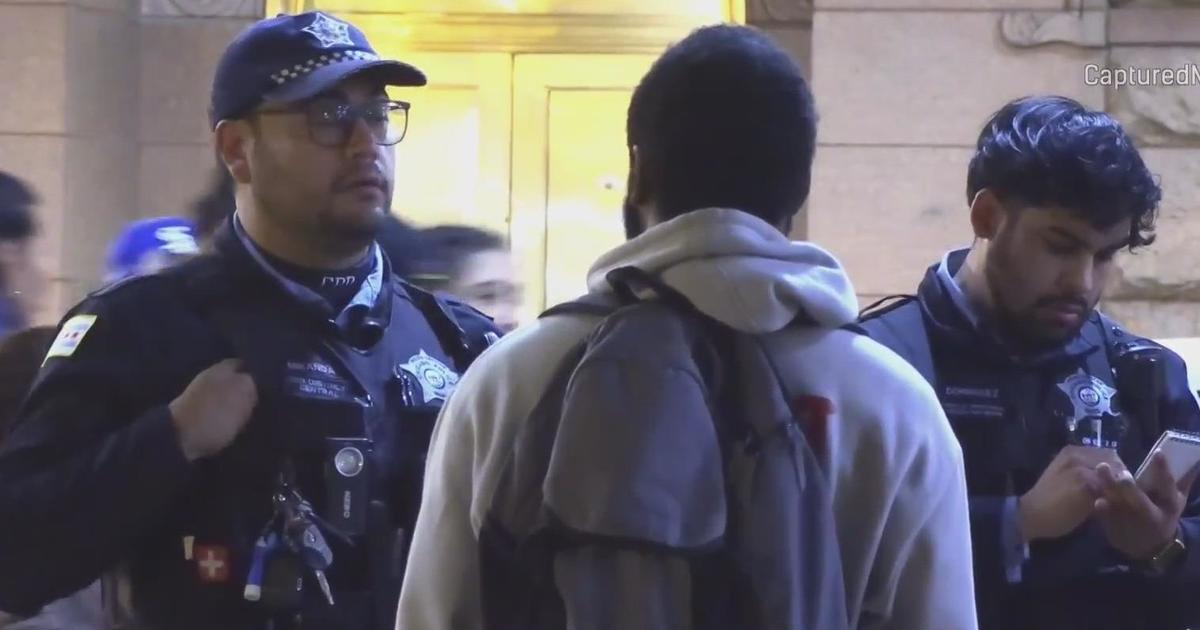Rush University Medical Center Rolls Out Military Techniques To Combat COVID-19 Pandemic Fatigue, Exhaustion Amid Desperate Hope For Light At End Of Tunnel
CHICAGO (CBS) -- As the light at the end of the masking tunnel gets closer for the state of Illinois, in many parts of our community, something disturbing is happening.
Exhaustion and fatigue are actually getting worse. Now, as CBS 2's Chris Tye reported Tuesday, military techniques are being rolled out to help people cope.
We are seeing signals big and small when it comes to COVID-19 fatigue. In Canada, Prime Minister Justin Trudeau invoked emergency powers Monday to quell the paralyzing protests by truckers and others angry over Canada's COVID-19 restrictions.
But nurses in the U.S. are worn down too. Indeed, all around there are big signs that nerves are fraying.
In Chicago, the COVID-19 test positivity rate is down to 2 percent, and there is an average of 431 new cases per day. With the improvement, Chicago Department of Public Health Commissioner Dr. Allison Arwady said Tuesday that we could know soon if the city will lift its mask mandate along with the state on Feb. 28.
"So I think next week, we will probably hopefully be able to share some good news, and make a final determination," Arwady said.
And hopes are terribly high that the light really is nearing at the end of the tunnel.
"People have their breaking point," said Dr. Robert Shulman of Rush University Medical Center.
So Mark Schimmelpfennig, a combat veteran, is helping nurses at Rush University Medical Center cope with exhaustion and fatigue.
"The cumulative trauma of dealing with that day after day after day after day through surge after surge, there's going to be a cost - just like when a combat soldier goes outside the wire," Schimmelpfennig said.
The Spanish Flu pandemic that began in 1918 saw that deep fatigue kick in - most notably, after two years. Experts say we're hitting a similar wall as our ancestors did.
Dr. Marney White of Yale University said the fourth wave has been the point in time where people stop buying In.
"Absolutely – it seems that it's kind of between this 18- and 24- month point," White said.
Part of arriving at that point is a lack of buy-in to the messaging from leaders and doctors.
"I think people are willing to take safety measures when there an obvious reason to — and I think that the reason has become less obvious and more convoluted," Shulman said.
Shulman points to visual examples - most notably those north of border.
"I think Canada started with a couple of trucks, right?" Shulman said, "and then all of a sudden, it's every truck in the country almost.
The trucker protest in Canada has drivers upset over vaccine mandates.
Meantime, a poll of nurses by the American Association of Critical Care Nurses shows that 92 percent believe the pandemic has depleted nurses in this country, and 66 percent have considered leaving the profession.
It is fatigue similar to war — as the battle here at home is hopefully hitting the home stretch.
"When I was able to say, 'Hey, you're fighting a war against an enemy that you can't see, feel touch, hear, or taste - and it's kicking our butts,' yeah, they got it," Schimmelpfennig said.
Will the frustration and pushback on science experts be a liability if another deadly strain emerges? Dr. Shulman does not think so.
He says if another concerning variant pops up, people will once again reassess risks, rewards, and behaviors that make sense for them.
But from now on, they are savvier consumers of medical data and trendlines.



